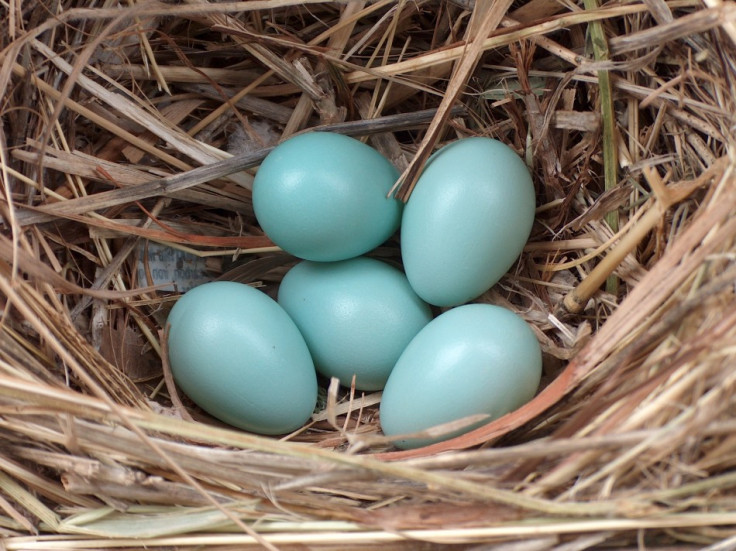Startling Decline in Starlings to be Researched
The bird is already on the 'red list'

Some 40 million starlings have vanished from Europe since 1980, pointing to a startling decline in the bird population. The Royal Society for the Protection of Birds (RSPB) has launched a project to find out the cause.
The bird is already on the "red list" since in 2002 it was found that its population had halved in the last three decades.
The RSPB project will use the help of farmers in Somerset and Gloucestershire to find out the reasons for the sharp decline in starlings, which raises serious questions about its future as a familiar bird.
Britain has been a favourite destination for the songbirds from continental Europe during winter, which also has come down in recent years.
"The starling is still a plentiful bird, but its numbers are falling alarmingly. Our records show that we have lost more starlings across Europe than any other farmland bird. This loss should be a wake-up call, because we ignore the decline of nature at our own peril," says Dr Richard Gregory of RSPB's birds monitoring section.
The numbers recorded in the latest winter show a steep fall of 80 percent since 1979 and nearly a third of the bird population has disappeared in the last decade alone.
Dr Will Peach, who will be heading the research project, said: "It is figures like these which have convinced us of the need for action, which is why we are launching a research programme to unravel the mystery of this bird's disappearance."
There are various hypotheses for the steep decline, including loss of grasslands. During the study, experts will be closely working with farmers to investigate the lifestyle of starlings including their food and nesting habits.
"We don't know the reasons for the starling's decline, but we hope that our research will yield the answers to ensure this bird has a secure future. Understanding exactly what is causing these declines will allow us to develop practical and cost-effective solutions for land managers and farmers," said the RSPB Conservation Director Martin Harper.
© Copyright IBTimes 2025. All rights reserved.






















